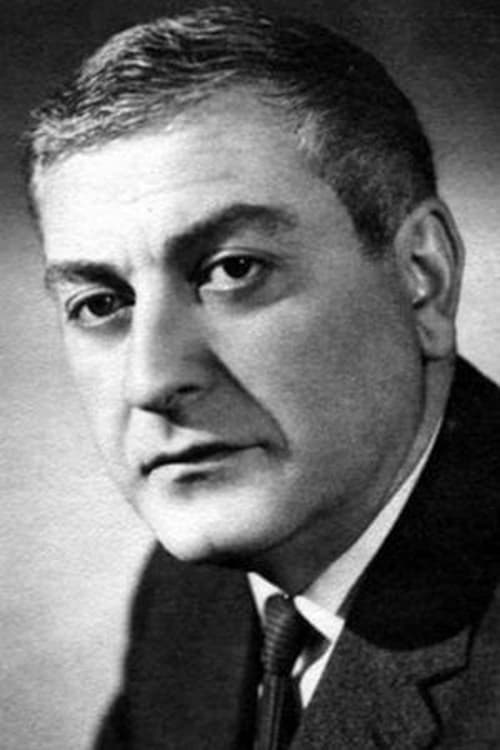19th-Century Georgian Chronicle (1979)
Género : Drama
Tiempo de ejecución : 1H 16M
Director : Aleqsandre Rekhviashvili
Sinopsis
A poetized chronicle of the events taking place in one of the Georgian villages in the late 19th century, when, to save a forest, the innumerous intelligentsia could rally the people and oppose the industrialists…
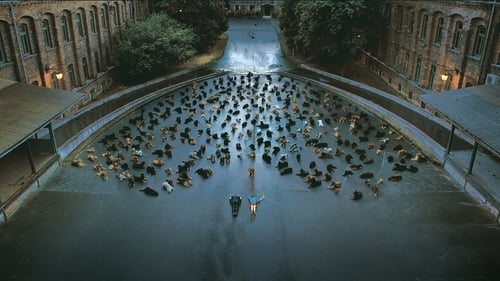
Un cuento visionario entre una especie superior y sus congéneres caídos en desgracia… Una nueva ley da preferencia a los perros de raza e impone un tributo considerable por las razas cruzadas. Rápidamente, los refugios caninos se llenan con perros abandonados. Lili, 13 años, lucha por proteger a su perro, Hagen, pero su padre lo suelta en la calle. Hagen y su ama se buscan por todos los medios, hasta que un día Lili baja los brazos. Por su parte, Hagen lucha por sobrevivir y rápidamente se da cuenta de que no todo el mundo es el mejor amigo del perro. Se une a un grupo de perros errantes, es capturado y enviado a la perrera. Entonces, los perros aprovechan para escapar y hacer una revolución contra los seres humanos. Su venganza será despiadada. La única que podría terminar con la guerra entre el hombre y el perro sería Lili.
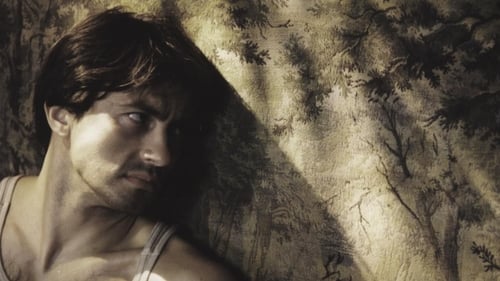
Una pequeña familia "un padre y un hijo" vive en el último piso de una casa antigua. El padre se retiró del ejército, cuando era un estudiante en la escuela de vuelo experimentó el primer y el único amor de su vida. Esta chica se convirtió en su esposa y dio a luz a su hijo. Ambos tenían entonces veinte años. La esposa murió cuando era joven. Este amor siguió siendo su secreta felicidad única. El hijo creció, y probablemente será un militar como su padre. Los rasgos del hijo recuerdan constantemente al padre de su esposa. No separa a su hijo de su amor persistente: ésta es su unidad con su mujer amada. El padre no puede imaginar su vida sin su hijo. El hijo ama a su padre con devoción y profundidad, un sentimiento filial intensificado por una responsabilidad moral instintiva que está siendo probada por la vida. Su amor es casi de virtud mitológica y de escala. No puede suceder en la vida real. Esta es una colisión de cuento de hadas.

Banned in the Soviet Union for its "negative" content and never released, Kalatozov was forced to retreat from filmmaking for seven years because of this film. The film sets out to illustrate the old adage, "For want of a nail, the battle was lost," showing how the inferior quality of something so trivial as a nail in a soldier's boot leads inexorably to the capture of an armored train. Kalatozov had intended to demonstrate the crucial and universal importance of efficiency in Soviet industry, but the government decided that his fable gave a negative impression of the Red Army's capabilities.

When Imeda’s father is killed in a blood revenge accident, the family moves him to the city where he is sheltered at his father’s friend. After fifteen year he gets back to Khevsureti. A talented painter, he spends most of his time doing sketches of nature and people. There he meets a local beauty, Mzekala and fells in love with her but finds out that Torghva is also in love with her. Enraged by Imeda’s impudence Torghva calls him for a sword fight and is killed by Imeda. To avoid another round of blood revenge, the villagers let Imeda and Mzekala out of the village but someone who wants Imeda’s blood finds it out and follows them.

The way home for Aleksandr Rekhviashvili is not charted in the conventional sense. It takes the viewer along some peculiar roads and across a unique landscape: Georgian history and legend, politics and social stratification, religion and ethics. Allusive, stylized and allegorical from beginning to end, his long-banned The Way Home is in part a tribute to Rekhviashvili’s favorite director, Pasolini, especially to The Hawks and the Sparrows (1966). Together with the short film Nutsa (1971) and the widely acclaimed Georgian Chronicle of the 19th Century (1979; SFIFF 1983), The Way Home closes a triptych of films that represent Rekhviashvili’s poetic contemplation of Georgia’s past. It makes extensive use of poems by Bella Akhmadulina (the major female poet of the cultural ‘thaw’ of the ’50s and ’60s and a Georgian by descent), and of sets by Amir Kakabadze. Like other films in the trilogy, The Way Home is stunningly photographed in black-and-white.--Oxymoron
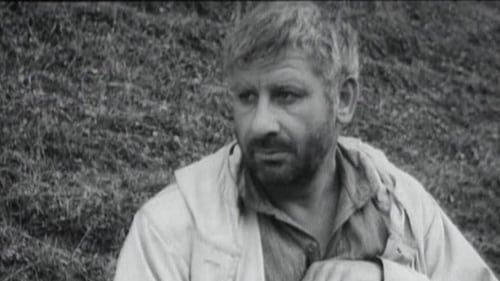
A group of geologists discover oil under the fields where Sosana, the aged and anachronistic father, raises his herd with his unhappy wife, her friend and his growing boy with whom he displays a wonderful rapport. The land is invaded by big machinery that feels remarkably alien to the serene and natural aesthetic of the valley. The family all enjoys the pleasures and storytelling capacity a slide projector grants them, but it too feels distinctly out of place in a town with no plumbing.

The war is over. Once a young sculptor, and now a soldier, he returned home. Married, there were children. In search of work, he was hired to make grave monuments. Time passed... At one time, visiting a cemetery with friends, he saw with different eyes all his work done over the years...
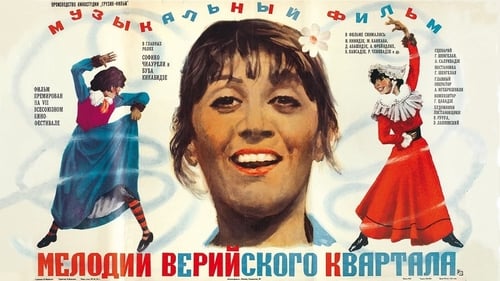
This musical is based on old Georgian vaudevilles and plays. The early 20th century. Old Tiflis is in confusion and turmoil. A mysterious fairy is helping the poor Pavle’s family: real wood is burning in his old, neglected fireplace, wherein a pot with meat would suddenly appear. The good fairy is impersonated by laundress Vardo who helps not only the poor Pavle, but other families in this quarter as well. Vardo is known to many people in the town, but no one ever suspected that she was capable of performing miracles. The film’s colorful folk melodies, merry songs and fiery dances leave no viewer indifferent. Starring in the leading role is the great Georgian actress Sofiko Chiaureli.

Lithuania, 1977. Memories of childhood, adolescence, and first love in a small provincial town, shown through complexity of human relations at this periodical film.

Directed by Zaza Khalvashi.

A poetized chronicle of the events taking place in one of the Georgian villages in the late 19th century, when, to save a forest, the innumerous intelligentsia could rally the people and oppose the industrialists…
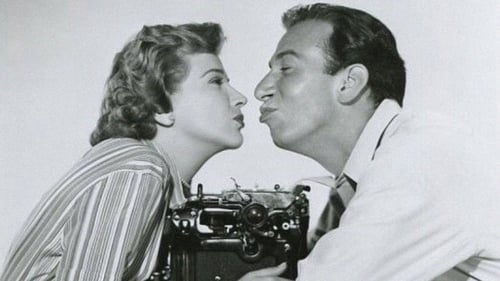
A quirky relationship unfolds between an immigrant and an all-American folk music fan.

The film is based on a real story. Climbers found the purse of a military postman killed during World War II, letters sent 30 years later.
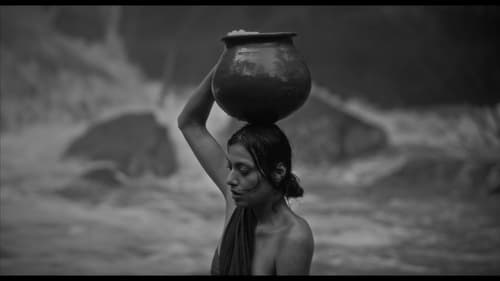
Two monks on a mission choose very different paths

A full-blooded, interesting life has long eluded the house where a mother, father, son and daughter live. Trivial household matters, conversation at dinner about duty — that's all that connects them. The situation changes when it becomes known that the family inherited the village house, and that it will probably be necessary to enter into a struggle with the joint heirs. From the bottom of chests, old albums and documents confirming the priority of the family are extracted, and intrigues begin ...
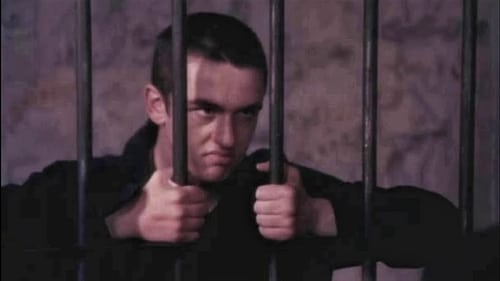
The director dedicated this lyrical, epic film-confession to the memory of his father who was a doctor. The film’s protagonist, an ambulance doctor, conducts dangerous experiments in search of a vitally important vaccine. His wife believes in his work, though his daughter would not understand him. His son, who is absolutely unlike his father in character, is trying to protect him. But self-denial in the name of science proves too high a price. Just when he is on the verge of discovery, the doctor loses everything he has gathered as a result of his twenty-year-long work. This loss brings him even closer to his son. The shooting of the film continued for seven years (1985-1992), making it a metaphorical culmination of the Soviet cinematography and the Soviet way of life as a whole.
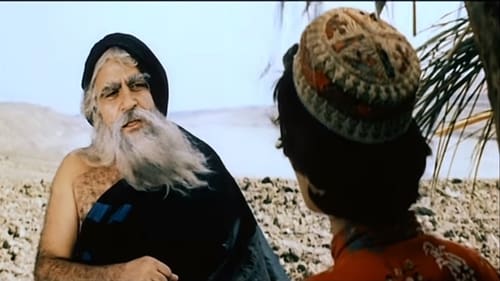

Stalin’s statue in the garden of a nunnery provokes discussion – plenty of it – in a small Georgian village. Some of the locals used to know Stalin personally because he visited the village several times when he was young, and they continue to see him as a benign ruler from the good old days rather than the brutal dictator he was. Whenever an episode of purge shook the Soviet Union’s republics, they hid the statue in the woods. The church also plays an important role in people’s lives. All in all, the film reveals a fundamental conflict in Georgian society.

The short film (conveyed in a parable-like story structure) follows a man devoted to himself and the blessings of his attributed god. He struggles to survive a primitive life and is forced to take action to ensure his own prosperity.

People enter a tiny parcel shop in Berlin with heavy packages and send a piece of their hearts to their families in Georgia.


